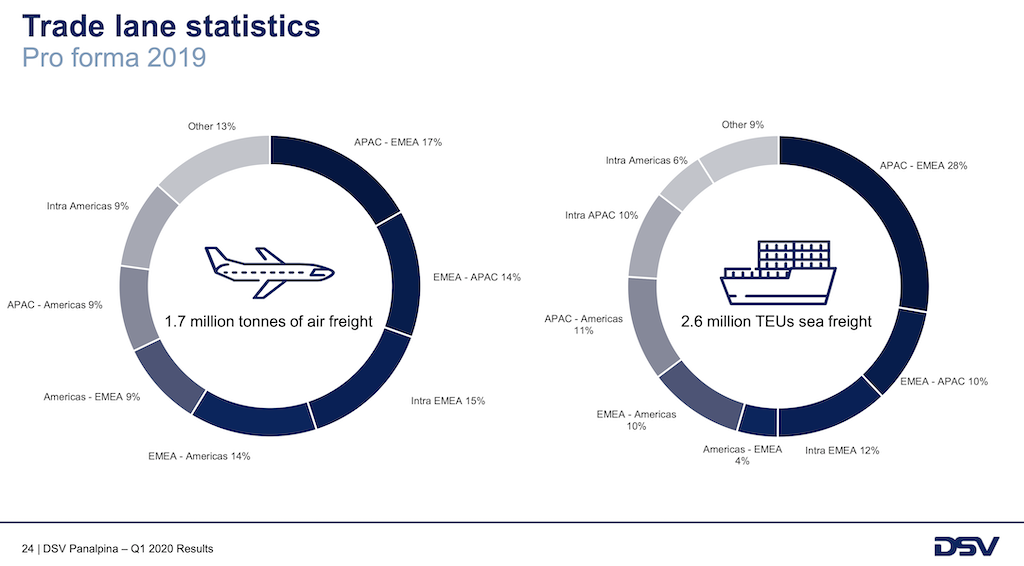Missing and incomplete customs documents are delaying deliveries to the UK
- The logistics services provider is strengthening its existing Brexit Task Force
- The customs documents provided with consignments are often incomplete
- Temporary hold on the acceptance of orders for land transport consignments to the United Kingdom
DB Schenker has identified significant problems relating to the new customs formalities that now apply to shipments between the European Union and the United Kingdom (UK) as a result of Brexit.
The German-based global logistics operator said in a statement:
Only around ten percent of the customs documents submitted for consignments that DB Schenker has been commissioned to ship have been complete and free of errors. Most of the documents are incomplete and/or contain errors.
DB Schenker employees who have been specially trained for Brexit are available around the clock to assist customers in completing the required customs documents correctly. Nevertheless, every consignment accompanied by incomplete and/or erroneous customs documents delays the departure of the associated full-load shipment. Consignments that are not properly declared cannot be delivered to their destinations.
To effectively manage the increased workload that has resulted from this situation, DB Schenker is mobilizing personnel for the Brexit Task Force that the company established more than a year ago. These employees will be responsible for supporting corrections and producing compliant customs documents.Despite this extra effort, DB Schenker has been forced to put a temporarily hold on the acceptance of new consignments for shipment to the United Kingdom.
DB Schenker has also announced that all consignments that have already been accepted will, as always, be delivered as quickly as possible.
DB Schenker expects shipping volumes to increase further in January. The Logistics services providers can only process consignments quickly if the share of correct and complete customs documents also increases significantly. Both shipper and consignees need to ensure that compliant documents are provided.
With the UK’s withdrawal from the EU, such documents now include a proof of origin, a compliant invoice in conformance with current customs regulations, and a customs authorization document (power of attorney) to process the customs clearance.
The importer also must issue a customs power of attorney and provide all customs-relevant information like the commodity code found in the UK Tariff.
In terms of the latter obligation, DB Schenker recommends that shippers and consignees maintain close contact with one another.
DB Schenker is urging all shippers and consignees involved in freight transport between the EU and the UK to make use of the information services that are being offered and to fully comply with the new customs formalities, as it is in their own interest to do so.Please also note that the customs exemptions that have been granted for many products and goods manufactured in the EU do not exempt those who wish to ship such goods from the obligation to provide correct and complete customs documents.
Detailed information is available at https://www.dbschenker.com/global/meta/brexit/trade-deal.

